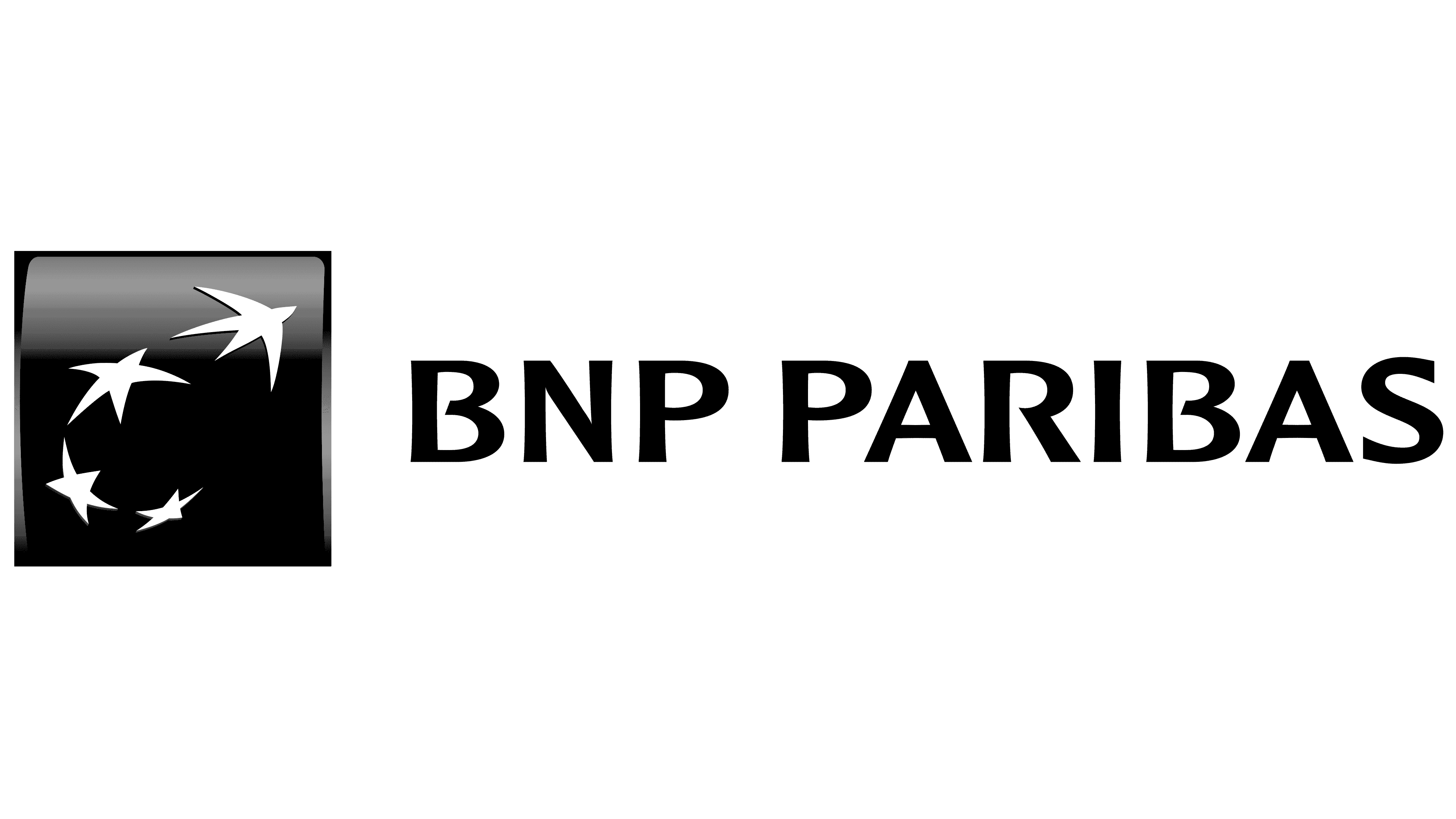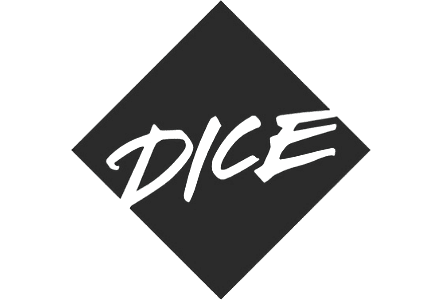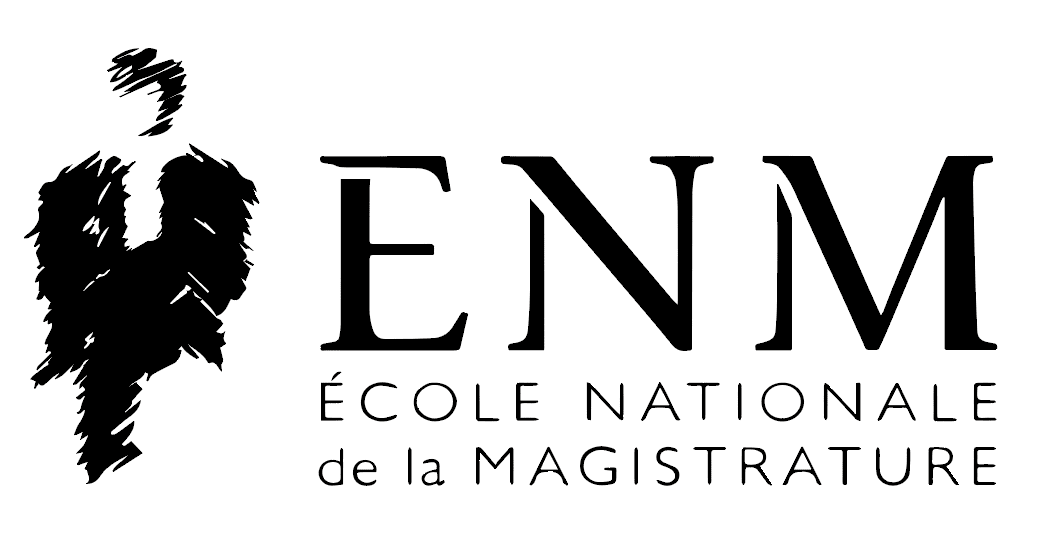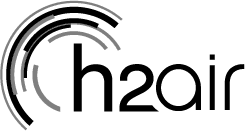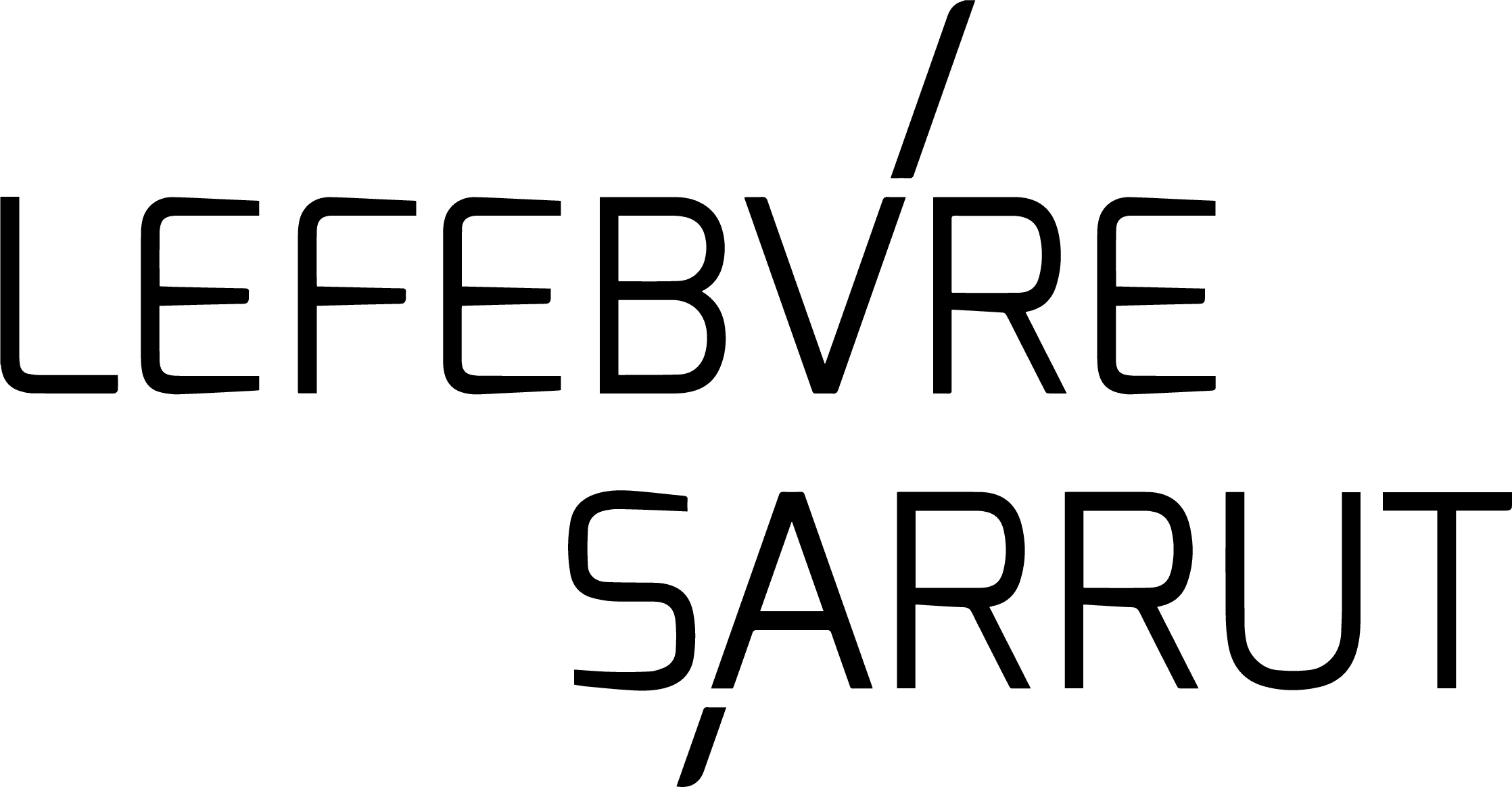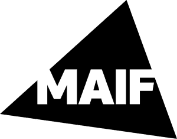Created in 2021 with the support of the BPI, our R&D Lab feeds all our projects and training, and our projects in turn feed our R&D: a continuous cycle for a systemic impact.
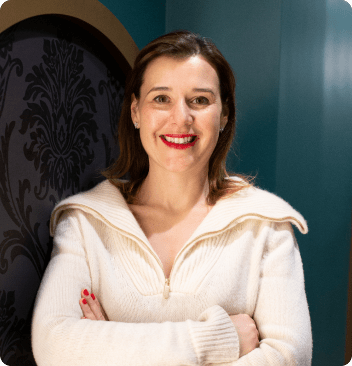
Our founder Marie Potel created Amurabi in 2018 after discovering the existence of Dark Patterns. Her professional thesis at ENSCI "Shaping the law to restore its function?" lays the foundation for a continuous circle at the agency: testing our research hypotheses live in commercial projects, measuring the results, feeding the results back into our research, etc. We created our User Testing Lab in 2020 with Mathilde da Rocha, PhD in cognitive neurosciences, and obtained the status of "Young Innovative Company" from the Ministry of Research and Innovation. We created our R&D Lab in 2021 thanks to support from the Public Investment Bank "BPI France".
We worked with the CNIL to discover "How can we create model interfaces that empower minors to better understand and exercise their data protection rights?"
Our research included an in-depth assessment of the current state of the art, a benchmark, focus groups, co-creation workshops with 3 age groups, 13 prototypes, expert audits, and user testing.
It resulted in 3 model interfaces, all licensed under Creative Commons :
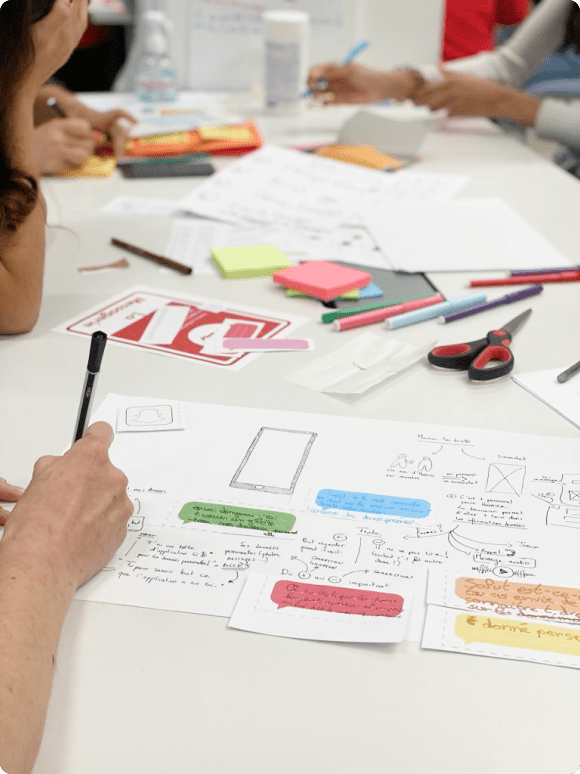
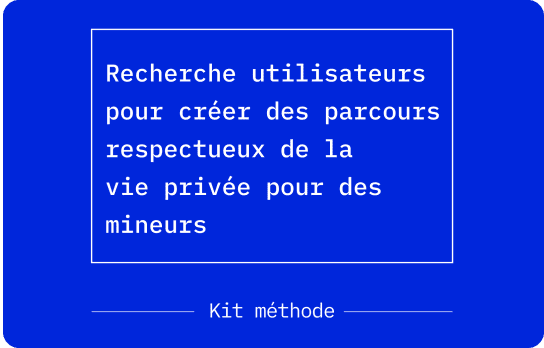
As part of our project with the CNIL, we also created 3 toolkits for designers to enable them to create autonomy-enhancing interfaces.
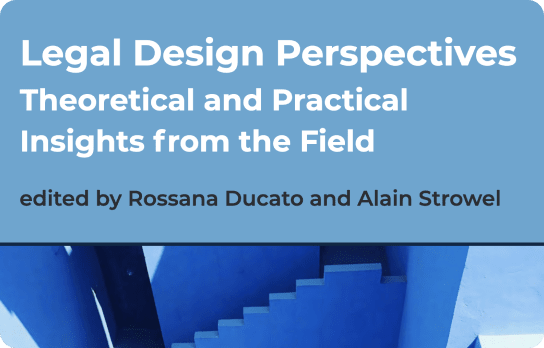
We published our work in a chapter of the book "Legal Design Perspectives", edited by Rossana Ducato and Alan Stowel, 2021.
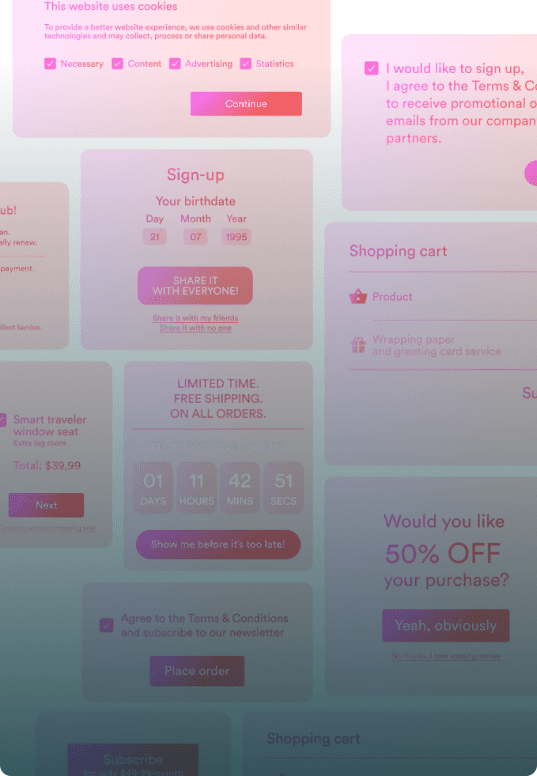
Our response to the EDPS guidelines on dark patterns on social networks in May 2022 led us to refine our initial research question to specifically address it:
"How can we combat dark patterns and foster the emergence and adoption of fair patterns?"
After 18 months of research on this topic, we have created a specific platform for :
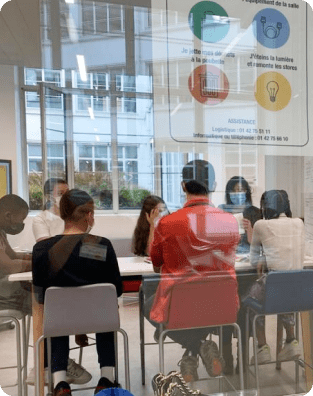
We have a strong applied research methodology, which includes creating "sandboxes" to create and experiment with prototypes.


